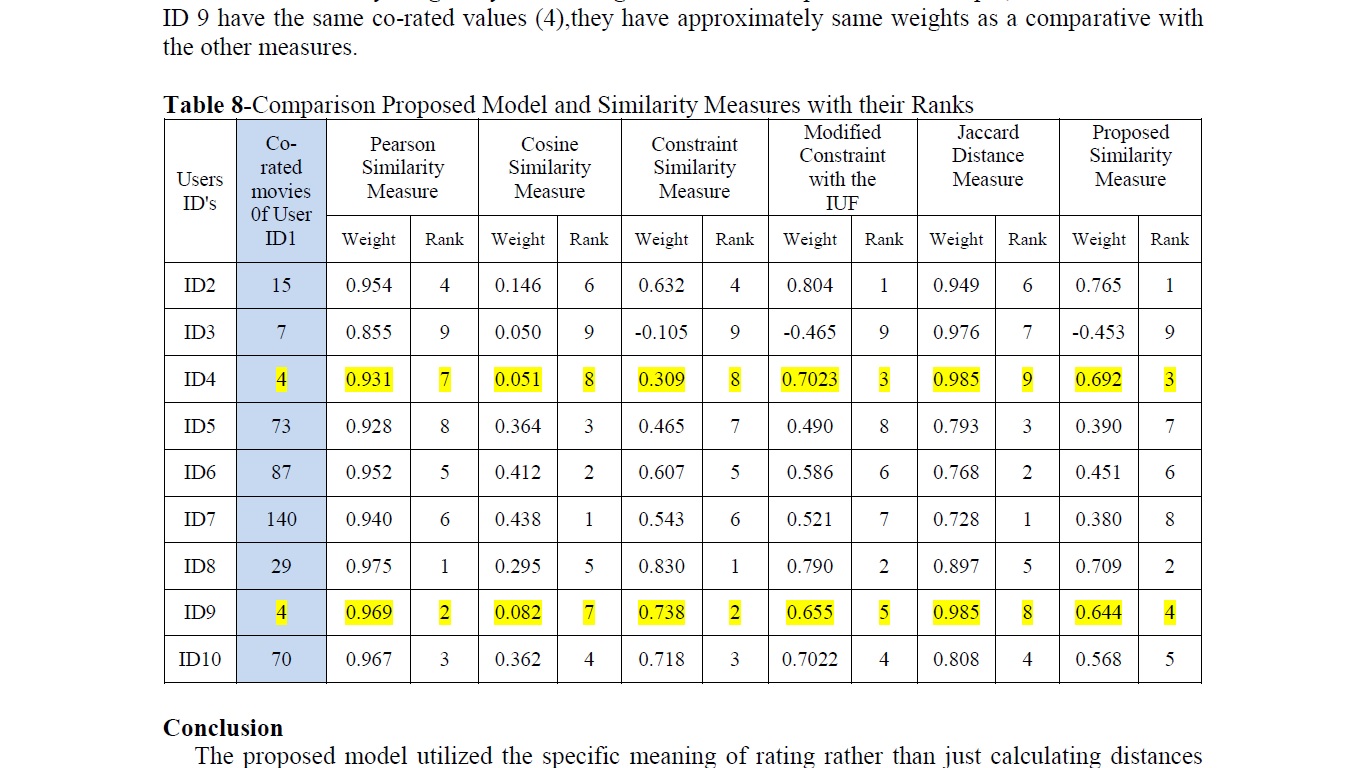
Homophily in online dating: when do you like someone like yourself? Share on. Authors: Andrew T. Fiore. MIT Media Laboratory, Cambridge, MA. MIT Media Laboratory, Cambridge, MA. View Profile An analysis of dyadic interactions of approximately 65, heterosexual users of an online dating system in the U.S. showed that, despite these differences, users of the system sought people like We conducted two studies: (1) an experiment in which we randomly manipulated the political characteristics of online dating profiles presented to participants and (2) an analysis of communication behavior in a large, national online dating community. The two studies have nonoverlapping strengths and weaknesses for identifying choice-based political homophily. The first study maximizes internal Cited by:
List Of Online Dating �� May
MIT Media Laboratory, Cambridge, MA. Please log in to your account. Psychologists have found that actual and perceived similarity between potential romantic partners in demographics, attitudes, values, and attractiveness correlate positively with attraction and, later, relationship satisfaction.
Online dating systems provide a new way for users to identify and communicate with potential partners, but the information they provide differs dramatically from what a person might glean from face-to-face interaction.
An analysis of dyadic interactions of approximately 65, heterosexual users of an online dating system in the U. showed that, homophily in online dating, despite these differences, users of the system sought people like them much more often than chance would predict, homophily in online dating, just as in the offline world. The users' preferences were most strongly same-seeking for attributes related to the life course, like marital history and whether one wants children, but they also demonstrated significant homophily in self-reported physical build, physical attractiveness, and smoking habits.
Human-centered computing. Human computer interaction HCI. Interaction paradigms. Web-based interaction. Check if you have access through your login credentials or your institution to get full access on this article. Homophily in online dating: when do you like someone like yourself? Authors: Andrew T. MIT Media Laboratory, Cambridge, MA View Profile. Judith S. Get Citation Alerts New Citation Alert added! This alert has been successfully added and will be sent to: You will be notified whenever a homophily in online dating that you have chosen has been cited.
To manage your alert preferences, click on the button below. Manage my Alerts. New Citation Alert! Save to Binder. Create a New Binder Name. Cancel Create. CHI EA ' CHI '05 Extended Abstracts on Human Factors in Computing Systems Homophily in online dating: when do you like someone like yourself? Pages — Previous Homophily in online dating Next Chapter. Index Terms. Login options Check if you have access through your login credentials or your institution to get full access on this article.
Sign in. Full Access Get this Publication. Information Contributors Published in. CHI EA ' CHI '05 Extended Abstracts on Human Factors in Computing Systems. ISBN: DOI: Conference Chair: Gerrit van der Veer Vrije Universiteit, The NetherlandsProgram Chair: Carolyn Gale Stanford University, Stanford, CA.
Association for Computing Machinery New York, NY, United States. Publication History Published: 2 April Permissions Request permissions about this article. Request Permissions. Author Tags attraction online dating online personals relationships computer-mediated communication. Qualifiers Article. Upcoming Conference CHI PLAY '21 Sponsor: sigchi. CHI PLAY ' The Annual Symposium on Computer-Human Interaction in Play October 18 - 21, Funding Sources.
Contributor Metrics Expand All. Andrew T Fiore MIT Homophily in online dating Lab. Publication Years - Publication counts 11 Available for Download 10 Citation count Downloads cumulative 15, Downloads 6 weeks Downloads 12 months 1, Average Citation homophily in online dating Article 38 Average Downloads per Article 1, homophily in online dating, View Full Profile.
Judith Stefania Donath MIT Media Lab. Publication Years - Publication counts 42 Available for Download 30 Citation count 1, Downloads cumulative 27, Downloads 6 weeks Downloads 12 months 1, Average Citation per Article 28 Average Downloads per Article View Full Profile. Other Metrics View Article Metrics. Bibliometrics Citations 87 Article Metrics Other Metrics View Author Metrics, homophily in online dating.
Cited By. PDF Format View or Download as a PDF file. eReader View online with eReader. Digital Edition View this article in digital edition. View Digital Edition. Figures Other. Share on Social Media. Browse All Return Change zoom level. View Table of Contents. Export Citations. Select Citation format BibTeX EndNote ACM Ref. Download citation Copy citation.
Preview is not available. About Cookies On This Site. We use cookies to ensure that we give you the best experience on our website. Learn more Got it!

An analysis of dyadic interactions of approximately 65, heterosexual users of an online dating system in the U.S. showed that, despite these differences, users of the system sought people like them much more often than chance would predict, just as in the offline world. The users' preferences were most strongly same-seeking for attributes related to the life course, like marital history and whether one wants children, but they also demonstrated significant homophily Cited by: To date, much of the work on online dating behavior has explored a phenomenon that is extremely well-documented in the sociological literature: across virtually every human choice network, there is evidence of homophily: people se-lect exchange partners who are similar to them (McPherson, Smith-Lovin, and Cook ; Blossfeld ) This article examines age homophily on a Czech online dating site using real user data. With a sample of 10 unique users and the aid of negative binomial With a sample of 10 unique users and the aid of negative binomial
Keine Kommentare:
Kommentar veröffentlichen